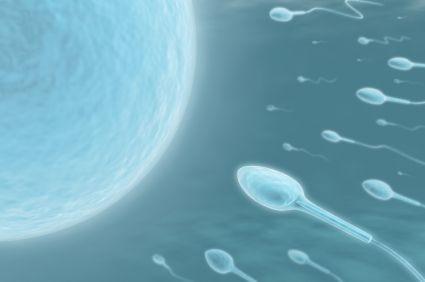Missing Gene Coating Linked to Male Infertility

The loss of a protein that coats sperm may explain a significant proportion of infertility in men worldwide, according to a study by an international team of researchers led by UC Davis
A study describing the discovery was published by the Journal Science Translational Medicine. The research could shine a light into developing treatments for infertility.
The protein Beta-Defensin 126 is encoded by the Gene DEFB126, which allows the sperm to penetrate through mucus and avoid the female immune system in order to reach the egg.
A survey of samples from the United States, United Kingdom and China showed that as many as a quarter of men worldwide carry two copies of the defective gene-( which may significantly affect their fertility).
Studying 500 newly married Chinese couples, researchers found that couples with the Beta Defensin 126 were significantly less likely to conceive than other couples by up to 30%. Couples were also less likely to give birth within a period of two years.
"Infertility affects 10 to 15 percent of the U.S. population," said John Gould, associate professor of urology at UC Davis, who was not involved in the research. He continues to explain that approximately half of the cases involved problems with male fertility.
"Some researchers believe that, for reasons unknown, human male fertility has been falling worldwide in recent decades. That decline might be unmasking the problems associated with the defective DEFB126 gene," describes Dr. Gould.
Cherr said that they hope next to work with a major infertility program in the U.S. to further explore the role of the mutation.
Published in The Journal Science Translational Medicine.



























